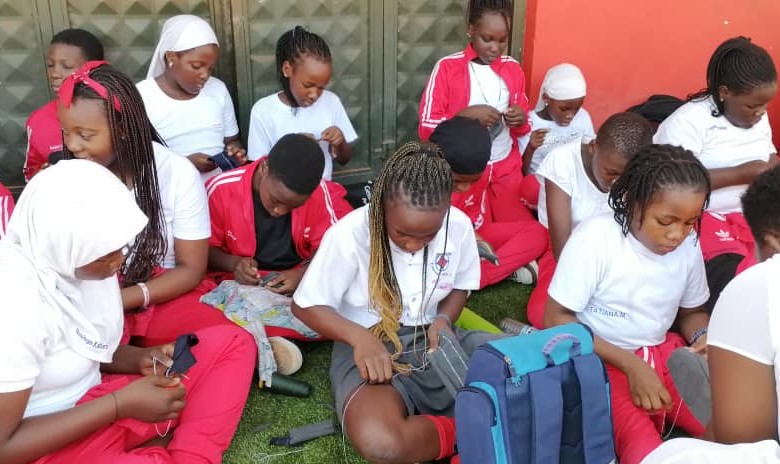
Tackling unemployment remains one of the main challenges facing Uganda’s government and its partners. The problem is worsened by a large body of youths who leave school annually without the skills necessary for either employment or starting their own businesses.
As one of the measures to this challenge, the government is in the process of rolling out the TVET Policy launched in 2019 with an aim of supporting the creation of needed employable skills and competencies relevant for the national transformational labour market as opposed to just acquisition of educational certificates.
It targets all Ugandans in need of skills for employment.
In relation to this policy, some lower level schools have embarked on passing on skills to learners to prepare them for the future ahead.
One such institutions are the Twinbrook Schools located in Nangabo, Kasangati Town Council, Wakiso district.
According to Sharon Mirembe, the Head of the Sports and Skilling Academy at Twinbrook Schools, they offer both a sports and a skills acquisition academy to learners.
“Under the sports academy, the schools offer soccer, basketball, swimming, ballet, and chess while the skilling Academy has activities like tailoring, hairdressing, art and craft as well as agriculture where poultry, horticulture and dairy practices are given importance.
We also teach the children how to make shoes, weaving, knitting, and crocheting. This is on top of teaching them how to cook, bakery, the making of briquettes, as well as bar and liquid soap,” Mirembe said in an interview.

A school has to balance the teaching of the curriculum and the co-curricular activities to produce an all-round learner.
“On Monday to Thursday, we do the sporting activities while on Friday, that’s when we have the skilling program for the whole school. However, we do this in bits because you cannot mix a Primary one learner with a Primary seven Child. For example; if it’s art and craft, Primary one pupils can make necklaces and bangles while their Primary seven counterparts will make baskets,” Mirembe explained.
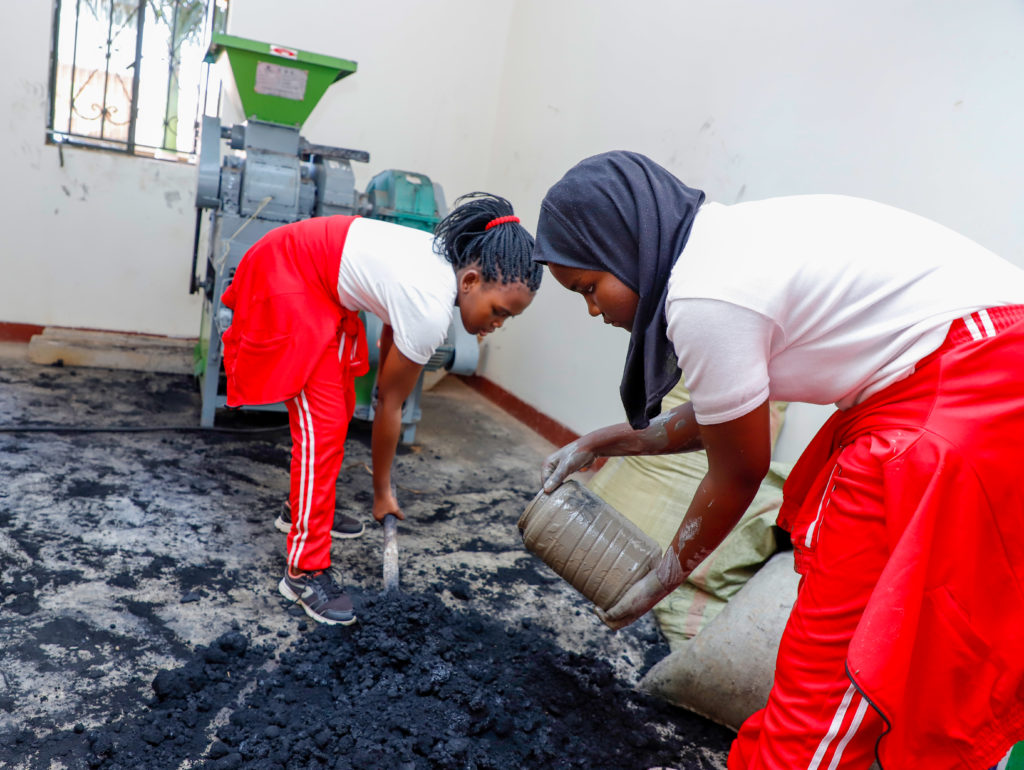

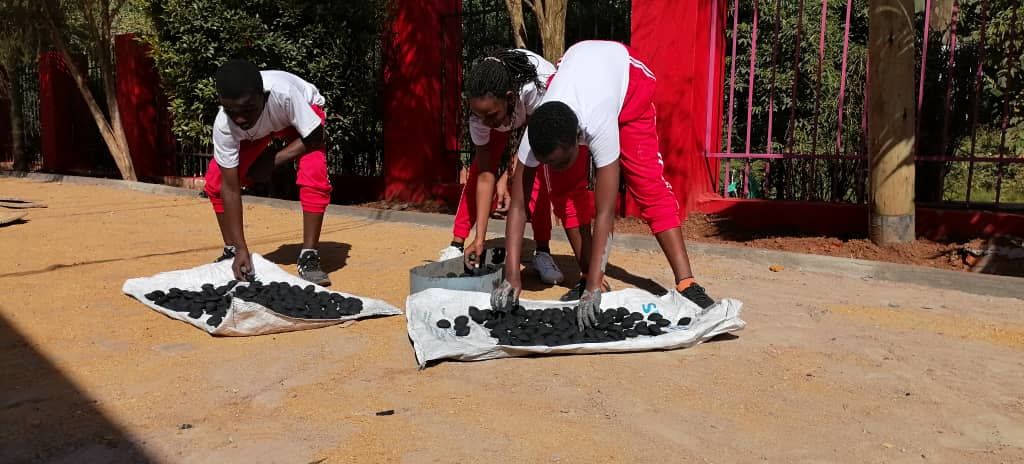
Educationists argue that co-curricular activities play a crucial role in a child’s overall education experience, an argument Mirembe re-echoes.
“One thing I would love to inform parents out there is that with co-curricular activities, there are some things these kids learn that are not taught in classes. You might find a child is usually quiet in class but when it comes to these co – curricular activities, they become so creative. These are activities that teach learners how to open their minds to think. They also help build discipline among the learners,” she argues.

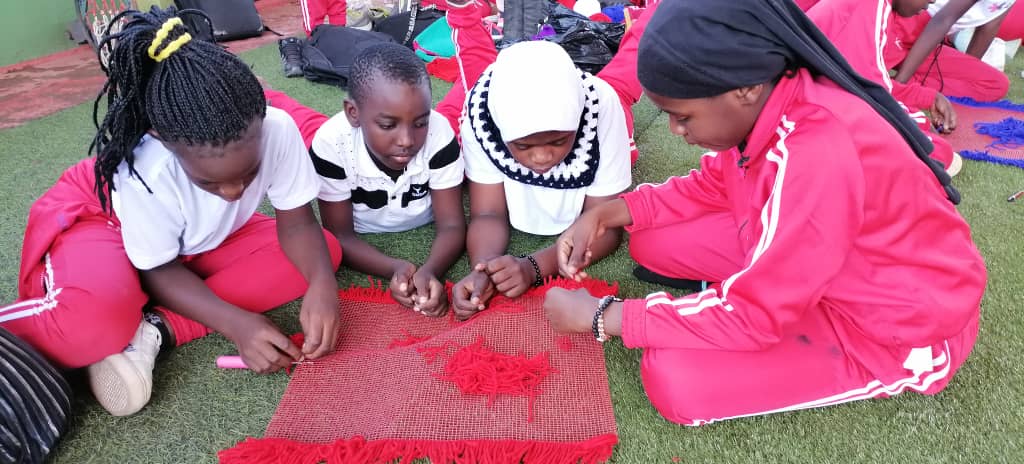
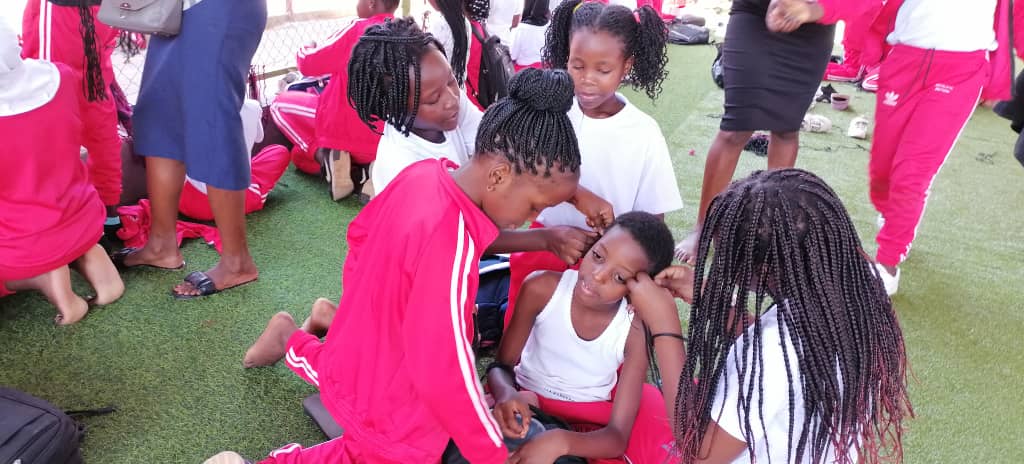
One of the challenges faced by the TVET policy is the negative perception of most parents.
“I want us to change our mindset. It’s not true that only failures in class should partake in skilling activities. Right now at Twinbrook we are looking at raising job creators and not job seekers.
A child who has done skilling will grow up knowing what he or she wants to do in life which is different from a child who spends almost 16 or 17 years when they are unaware of what they want to be in life. A child at Twinbrook will have a clear picture of what they want to be in life by the time they complete Primary seven. That is the beauty with skilling. Parents need to just change their mindset,” Mirembe advises.






